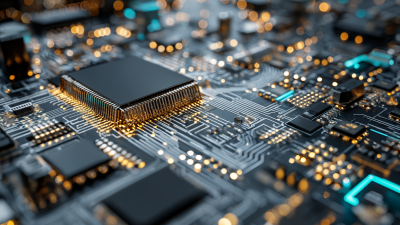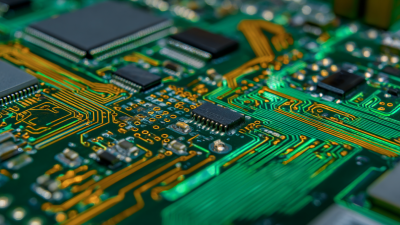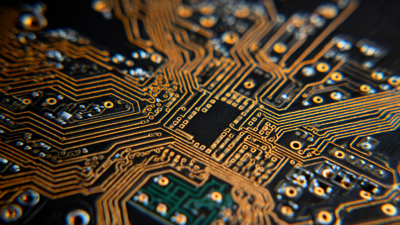Unlocking the Future of Circuit Board Production with Sustainable Practices and Advanced Technologies
As the demand for innovative electronic devices continues to soar, the circuit board production industry faces pressing challenges related to environmental sustainability and efficiency. According to a recent report by MarketsandMarkets, the global printed circuit board (PCB) market is expected to reach USD 89.6 billion by 2025, growing at a CAGR of 4.4%, emphasizing the critical need for sustainable manufacturing practices in this burgeoning sector.
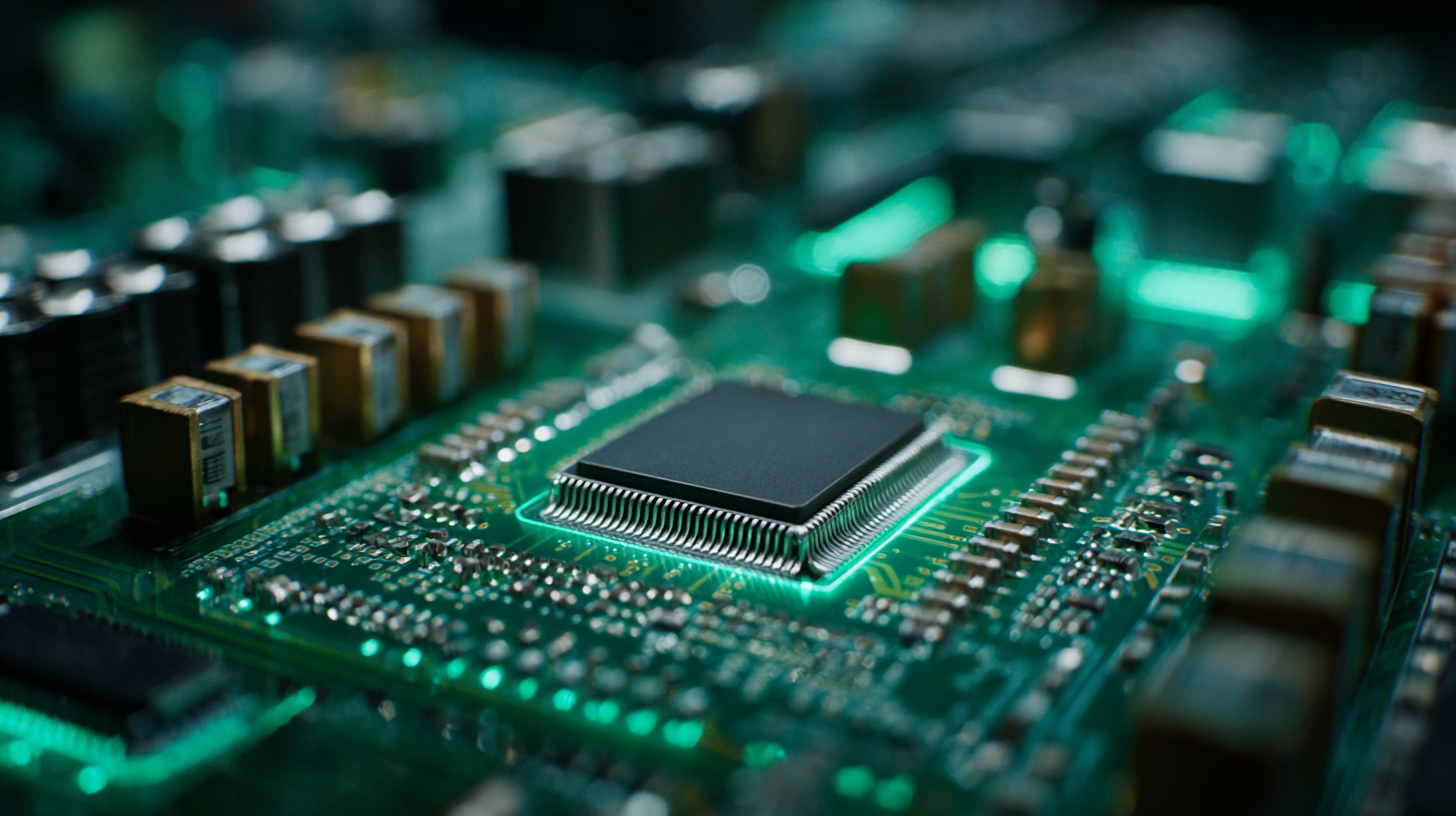
Advanced technologies, such as automated assembly processes, IoT integration, and eco-friendly materials, are essential in revolutionizing circuit board production, reducing waste, and lowering carbon footprints. By embracing these sustainable practices, manufacturers can not only meet regulatory demands but also appeal to a growing consumer base increasingly concerned with environmental impacts, ultimately unlocking a more sustainable future for the electronics industry.
Innovative Materials: The Shift Towards Biodegradable and Recyclable Circuit Board Substrates
The circuit board production industry is undergoing a significant transformation as it embraces innovative materials that promote sustainability. The shift toward biodegradable and recyclable substrates reflects a growing awareness of environmental issues and the need for eco-friendly manufacturing processes. Traditional circuit boards often utilize materials that are harmful to the environment, leading to a substantial amount of electronic waste. In contrast, biodegradable substrates can decompose naturally, reducing landfill contributions and minimizing the ecological footprint of electronic devices.
Advancements in material science have made it possible to create circuit board substrates from renewable resources, such as plant-based polymers and other biodegradable compounds. These innovative materials not only meet performance standards but also offer enhanced recyclability. As manufacturers integrate these sustainable solutions into their production processes, they are not only addressing regulatory pressures and consumer demand for greener products but also paving the way for a more sustainable electronics industry. The combination of advanced technologies and eco-friendly materials positions the circuit board sector at the forefront of the sustainable manufacturing revolution, ultimately unlocking a brighter future for electronic production.
Unlocking the Future of Circuit Board Production: Sustainable Practices and Advanced Technologies
Energy Efficiency: Best Practices for Reducing Power Consumption in PCB Manufacturing
The push for energy efficiency in PCB manufacturing is more critical than ever, particularly as the industry seeks sustainable practices to reduce power consumption without compromising performance. Innovative technologies such as advanced thin-film semiconductor Peltier devices play a pivotal role in this transition. By utilizing nano-engineering techniques, these devices eliminate the need for traditional refrigerants, offering a more environmentally friendly approach to temperature management in manufacturing processes.
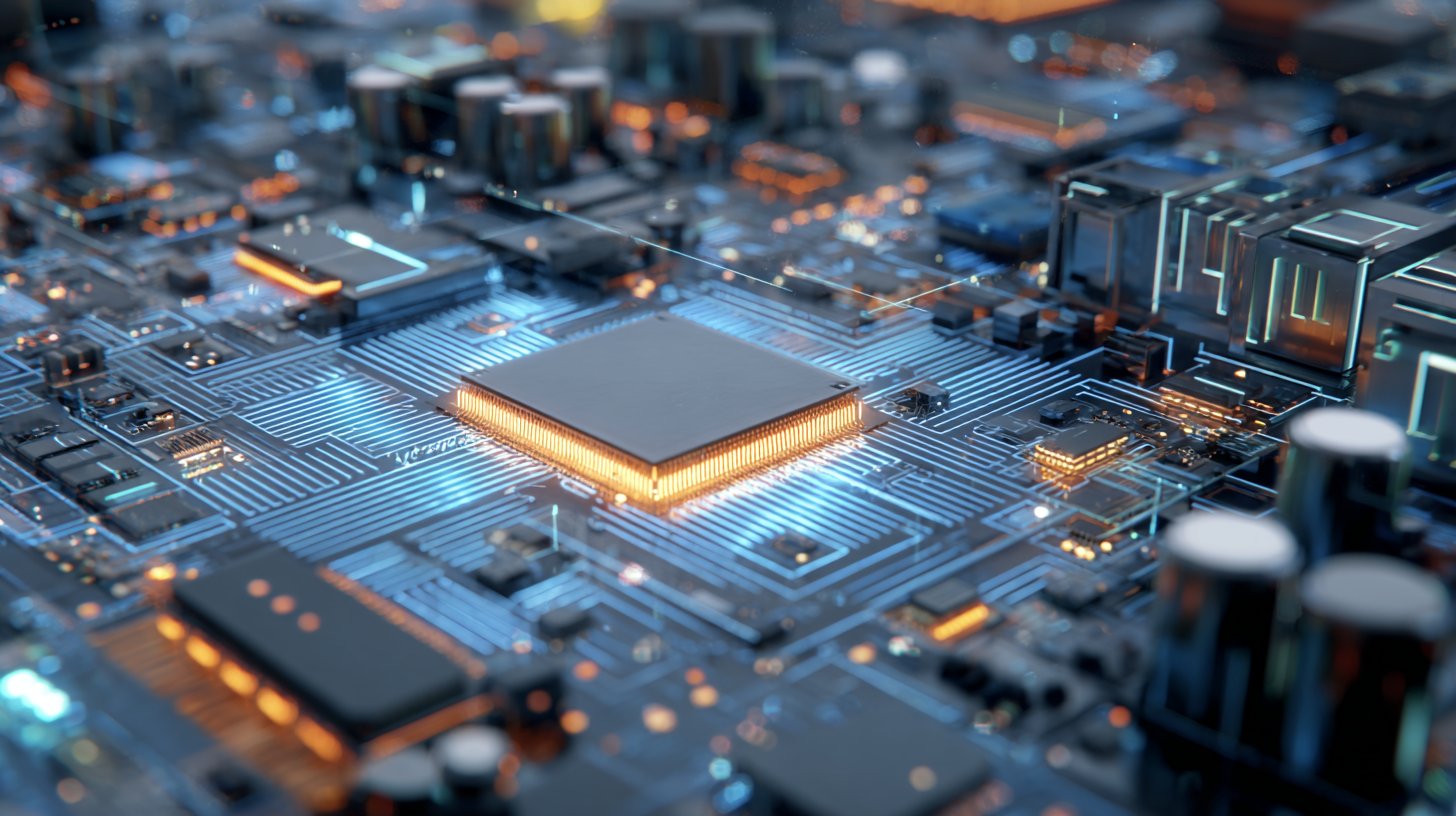
Moreover, implementing decision-support frameworks that utilize Fuzzy multi-criteria decision-making tools can significantly enhance the evaluation of AI-enabled ESG strategies within sustainable manufacturing systems. This innovative assessment method allows companies to effectively weigh their options and make informed decisions that prioritize both energy efficiency and sustainability. By focusing on these advanced technologies and strategic frameworks, the PCB manufacturing industry can lead the charge toward a greener and more efficient future.
Automation and AI: Transforming Circuit Board Production Through Smart Technologies
Automation and artificial intelligence (AI) are revolutionizing the landscape of circuit board production, setting a new standard for efficiency and precision. By integrating smart technologies, manufacturers are now able to optimize workflows, reduce human error, and accelerate production timelines. Automated systems can monitor every step of the manufacturing process, ensuring that defects are detected early and resources are used more effectively. This not only shortens the production cycle but also enhances the overall quality of the circuit boards produced.
Furthermore, AI-driven analytics empower companies to foresee and respond to operational challenges in real time. Machine learning algorithms can analyze vast amounts of data to predict potential issues, allowing for proactive maintenance and minimizing downtime. In an industry where speed and reliability are paramount, these advanced technologies provide a competitive edge. As companies adopt these innovative practices, they are not only advancing their production capabilities but also contributing to sustainable manufacturing by reducing waste and energy consumption, paving the way for a greener future in the electronics sector.
Unlocking the Future of Circuit Board Production with Sustainable Practices and Advanced Technologies
| Dimension | Description | Technology/Practice | Impact |
|---|---|---|---|
| Material Efficiency | Optimization of raw materials used in production | Use of AI for predictive analytics | Reduced waste and cost savings |
| Energy Consumption | Minimizing energy use during production | Automation and energy-efficient machinery | Lower carbon footprint and operational costs |
| Supply Chain Transparency | Visibility of the sourcing and manufacturing processes | Blockchain technology | Enhanced trust and accountability |
| Waste Management | Effective disposal and recycling of electronic waste | Smart waste management systems | Reduced environmental impact |
| Production Speed | Time taken to produce circuit boards | Robotic process automation | Increased output and efficiency |
Waste Reduction Strategies: Implementing Circular Economy Principles in PCB Manufacturing
The adoption of circular economy principles in PCB manufacturing can significantly enhance waste reduction strategies while promoting sustainability. By embracing practices such as material recovery and recycling, manufacturers can minimize the disposal of hazardous materials that are often prevalent in conventional circuit board production. Implementing closed-loop systems allows for the reclaiming of valuable metals and components from obsolete devices, effectively diverting waste from landfills and lowering the demand for raw materials.
Additionally, integrating advanced technologies such as eco-design and smart manufacturing can further support waste reduction. These technologies enable manufacturers to optimize production processes, thereby reducing scrap and inefficiencies. For instance, predictive analytics can help in forecasting material needs more accurately, minimizing overproduction and waste. Together, these strategies not only contribute to a more sustainable PCB manufacturing landscape but also pave the way for innovation, creating products that are both environmentally friendly and economically viable.
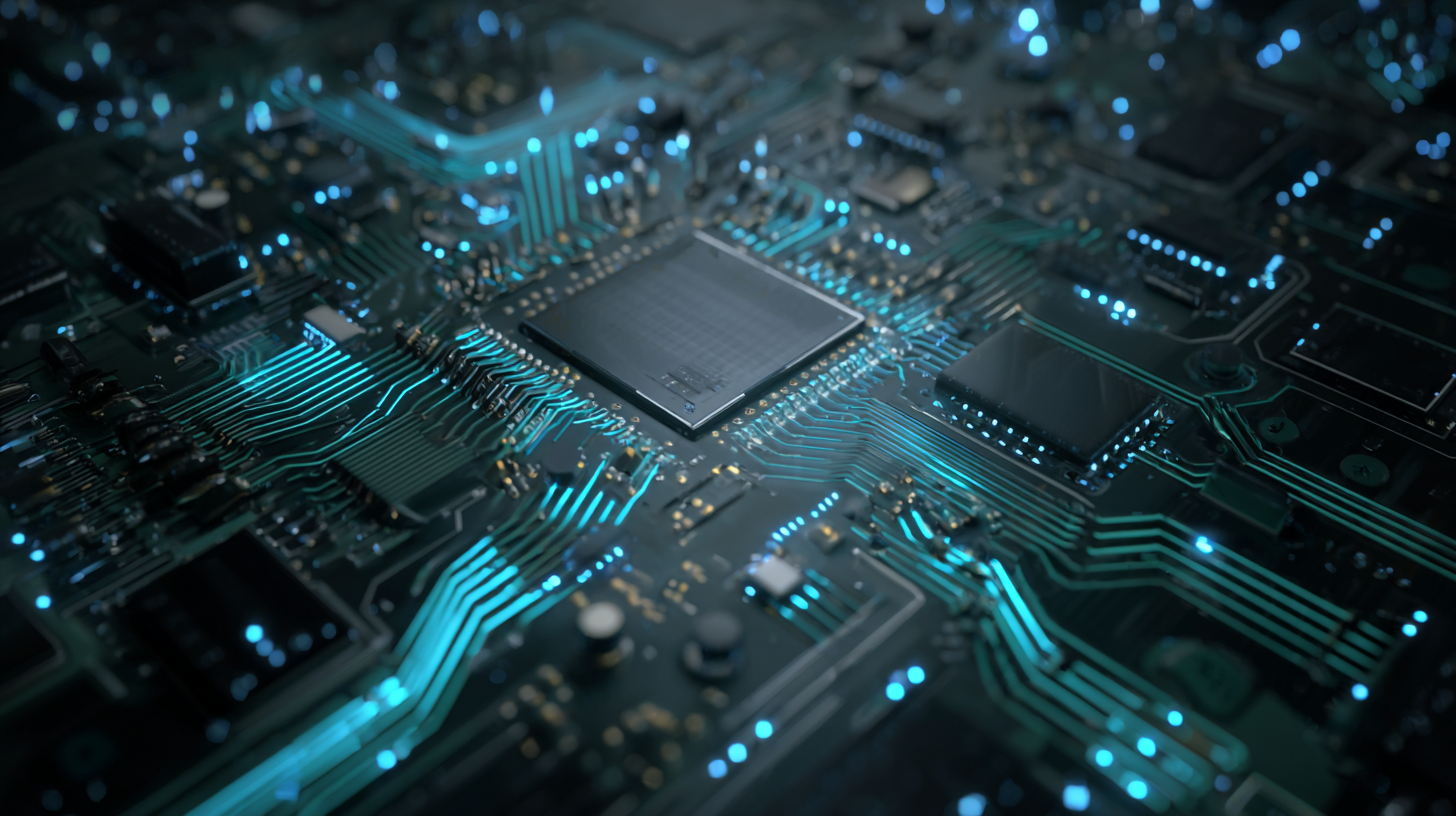
Regulatory Trends: Navigating Environmental Standards in the PCB Industry for Sustainability
As environmental concerns become increasingly central to manufacturing industries, the printed circuit board (PCB) sector is facing a significant transformation in regulatory standards.
Governments worldwide are adopting stricter environmental regulations aimed at reducing waste and minimizing harmful emissions. This shift requires PCB manufacturers to not only comply with existing laws but also innovate their production practices to meet new sustainability benchmarks.
Staying ahead of these regulations is essential for industry players looking to maintain their market positions and avoid substantial fines.
In response to these regulatory trends, many companies are investing in advanced technologies that enhance their sustainability efforts.
Techniques such as the use of eco-friendly materials, closed-loop recycling systems, and energy-efficient manufacturing processes are becoming commonplace.
By embracing these practices, PCB producers can significantly lower their environmental footprint, while also improving product quality and performance.
The convergence of technology and sustainability not only addresses regulatory requirements but also resonates with the growing consumer demand for environmentally responsible products, ultimately driving the industry towards a greener future.

